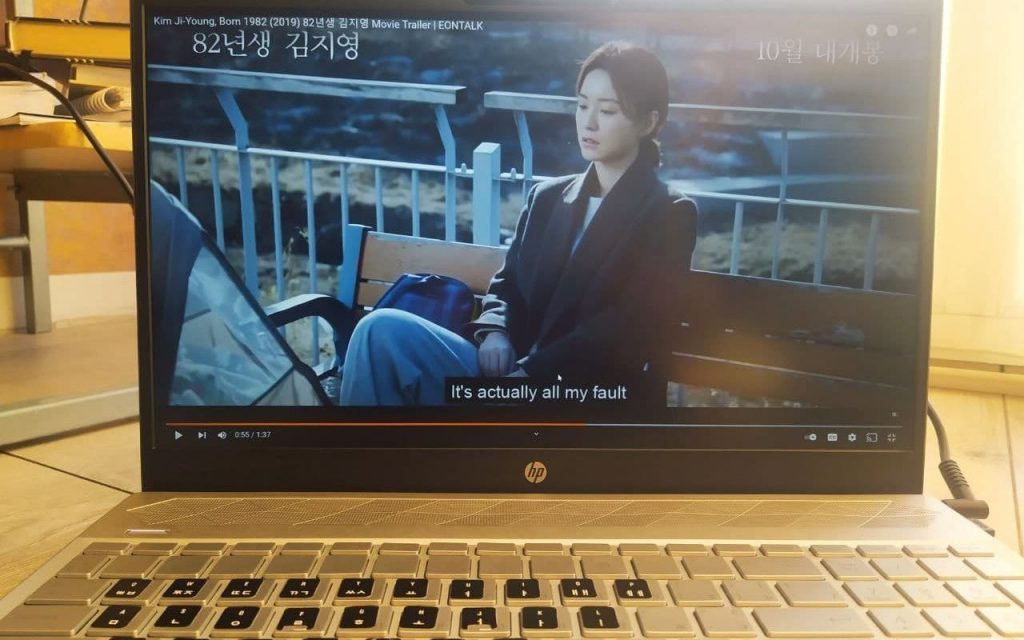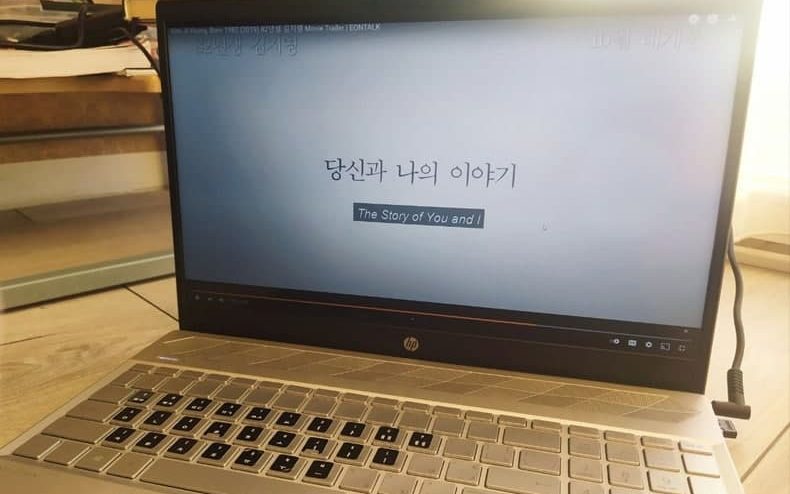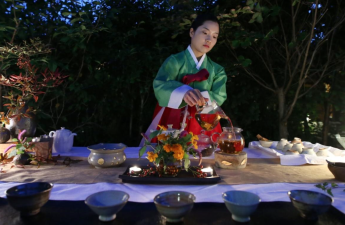«…What if …What if the baby is another girl? What would you do, Daddy?»
«… Hush and go to sleep. Don’t give the devil ideas».
Cho Namjoo «Kim Jiyoung, born 1982
Living in the 21-st century, the era of everyday technological development, and people following the tendencies of mass globalization, we can hardly imagine women who vindicated their lives by having a son in a family. But, unfortunately, Korean women had inculcated this mindset since their childhood just 60 years ago.
At that time, people considered family wellness to depend directly on sons’ success. To get a better understanding of the reasons which form this kind of attitude, it suffices it to know that one of the main principles of Confucianism, the religion which had an enormous impact on the Korean culture, was “The Study about family” which was based on a patriarchal family model. The primary purpose of the marriage was to give birth to a son who became an heir.
Kim Jiyoung – is a 34-year-old resident of the outskirts nearby Seoul. She has evident signs of postpartum depression. There are plenty of situations in the book that highlight the difficulties of a woman’s personality establishment in the Korean patriarchal society.
Since childhood years, Jiyoung was constantly involved in various harassments. Ordinary school lunches turned out to be stressful food intakes. It was happening because school canteens didn’t have enough room to accommodate all the students simultaneously. That’s why the school authorities decided to give tickets to the students. Most notably was the order as the first students who received their tickets were boys, while girls had to wait. There is a detailed description of girls’ triumph who managed to resist the power and achieve desirable justice. There is a sentence in the novel that illustrates how unbearably unfair was the hierarchy in the society:
“Boys lined up first, boys led every procession no matter where they were headed, boys gave their presentations first, and boys had their homework checked first while girls quietly waited their turn, bored, sometimes relieved that they weren’t going first, but never thinking this was a strange practice.”
Supposedly, most of you have watched at least one K-drama about school life. But, have you ever thought about the reasons why a skirt is an obligatory part of a girls’ uniform? Sometimes we see schoolgirls strolling wearing trousers, but all of them still have a skirt. Cho Namjoo spilled the beans about gender discrimination that concerned Kim Jiyoung and her peers in middle and high schools.
“The school dress code was strict, especially for girls. The skirt had to be long enough to cover the knees and roomy enough to hide the contours of the hips and thighs. No sheer black tights and no socks allowed. No sneakers, only dress shoes. Walking around in just tights and dress shoes in the middle of the winter, Jiyoung’s feet got so cold that she wanted to cry.”
Shockingly, one of the unspoken rules for women at that time was: “It’s your fault for not noticing and not avoiding.” Throughout the main character’s life, she got support from her mom, older sister, a female head of the department, or the woman who helped her run away from a stalker. However, there wasn’t any support from men, ever.

The beginning of the 2000-s was the time of women’s ambitions support. The law against gender discrimination was passed, and the Ministry of Gender Equality and Family was set up in 2001. Yet, despite this breakthrough, the prejudice “she is a woman” continued to be an obstacle on women’s way to their dream of decent life in an equal society.
The women’s perception of their own lives was entirely changed. They weren’t going to dedicate themselves to a husband, kids, or household anymore. They didn’t want to refuse opportunities and goals, moderate ambitions only for the future, which was blurry. Twenty years later, we observe the same tendency in forming the ideas of the Sampo generation, kor. 삼포세대.
When you’re a student, there are many possibilities to find different clubs depending on your interests. It means that you will meet some people you have a lot in common so you can hang out together and have some fun!
There was a tourist club brightly described in the novel. “Flowers among weeds” is what the club’s male members called the girls. The attitude was the same. In case there was just one girl joining the hiking, she got the best room. Although, was it something that Jiyoung and other girls were fighting for? They demanded the same responsibilities and possibilities as male members. Girls wanted to have a right to run for the club’s presidency and become secretaries, but time after time, they got the same response that they should be grateful for small favors:
“You brighten up the club with your mere presence”.

The book: «Kim Jiyoung, born 1982» came as a complete revelation. The novel is full of despair, losing yourself, and begging for help moments. It feels like the main character came to confession in front of readers. She is entirely disappointed in the people from her social circle who gave up fighting against unfair relationships at work, home, or the university. Simultaneously with Kim Jiyoung’s life story, I discovered a completely diverse South Korea, the country that began following another path despite all the conventional wisdom of previous generations. It adapts to new rules and does a lot to prevent appearing “a new Kim Jiyoung” now or any time soon.
Author: Anastasiia Malakhova
4


